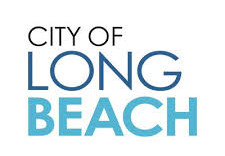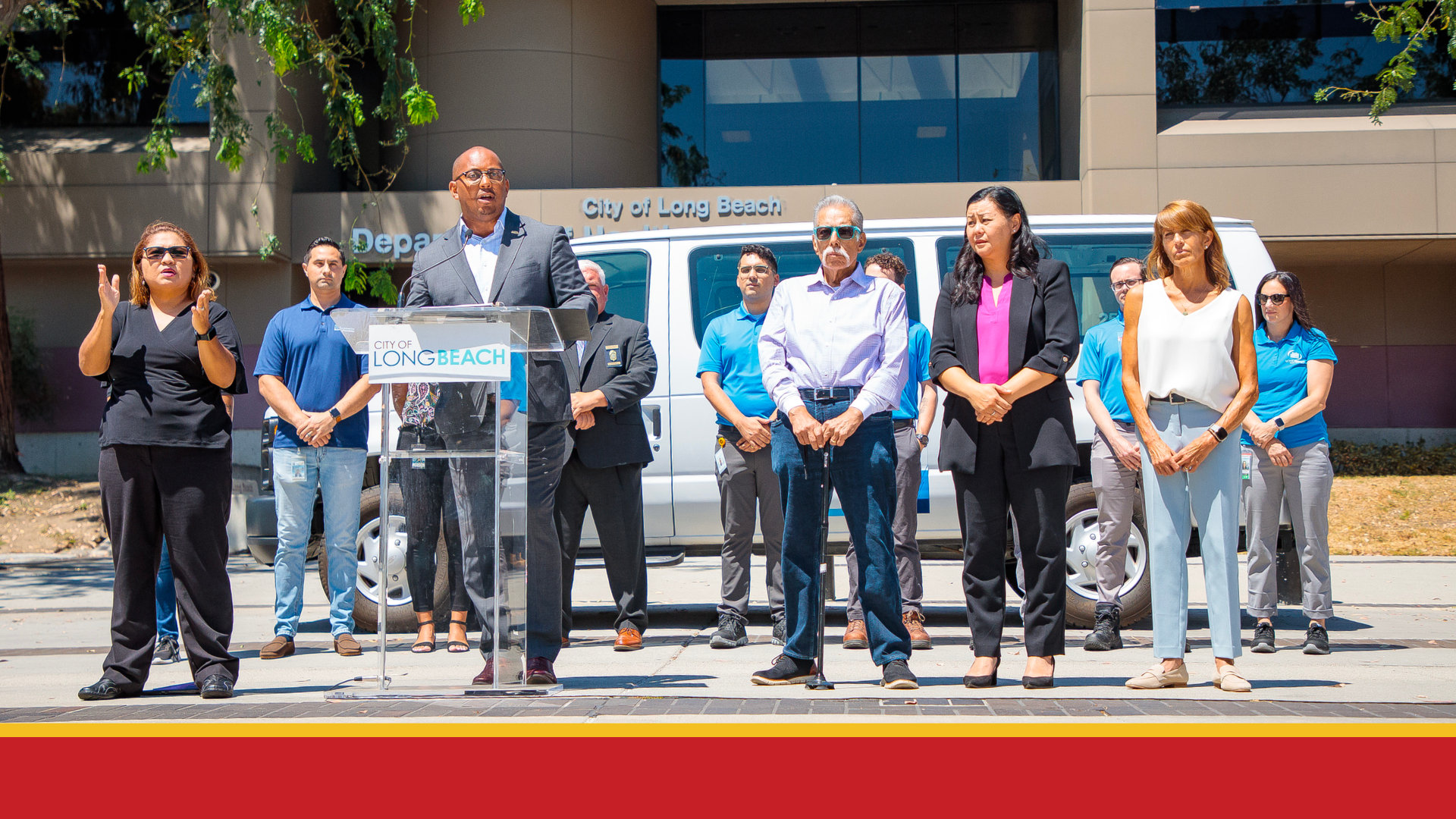 The Long Beach Department of Health and Human Services (Health Department) announced the launch of its Community Crisis Response Team. The five-person team will respond to a subset of calls-for-service where mental health support, health education and resource navigation could support the safety and health outcomes for community members at the center of calls.
The Long Beach Department of Health and Human Services (Health Department) announced the launch of its Community Crisis Response Team. The five-person team will respond to a subset of calls-for-service where mental health support, health education and resource navigation could support the safety and health outcomes for community members at the center of calls.
“This initiative marks a significant step towards better serving individuals in mental health crises while also easing the burden on our emergency response services,” said Mayor Rex Richardson. “Together, we are creating a path that prioritizes community health and safety through compassionate, health-based approaches.”
The Community Crisis Response Team (CCR) Pilot Program, which began on July 12 and is formerly known as the Alternate Crisis Response Team (ACR), is one piece of Long Beach’s effort to improve overall community health and safety through programs and services that meet residents’ needs through health-based approaches. The program consists of specialized, non-law enforcement teams who respond to non-medical, non-violent calls-for-service with a focus on behavioral health and quality of life issues. The field team consists of a Crisis Intervention Specialist, Public Health Nurse and Peer Navigator. The CCR team is also supported by a Program Manager and a Team Supervisor who can provide supplemental support and consultation to the team as needs arise.
As part of the pilot program, the CCR Team will respond to calls from 10 a.m. to 5 p.m. on weekdays in West Long Beach, and along the Anaheim corridor. These locations were selected using data collected from the Emergency Communications Center in 2020 and 2021, which revealed an increased need in these areas that aligned with CCR operational hours and focus areas. The CCR Team will respond to call types involving a mental health crisis, suicidal caller, public intoxication, unwelcome person, welfare checks and disturbances. The Team will not respond to calls involving a person who is exhibiting violent behavior, is in possession of a weapon, is experiencing a medical emergency, is threatening or at imminent risk of hurting themselves or others, or if it has been identified that they may have committed a crime.
The CCR Team will offer support in the field, including, but not limited to:
- Crisis intervention support.
- De-escalation.
- General health education.
- Suicide assessment and intervention.
- Items for basic needs (e.g. hygiene, clothing, nutrition supplements).
- Triage to people requiring minimal medical aid (i.e., minor injuries including scrapes, cuts and bruising). Injuries must not impact one’s ability to walk and people must be able to function freely without assistance, remain cognizant and be able to respond to questions accurately.
- Transportation to appropriate resources such as the Multi-Service Center, mental health urgent cares, housing services, among others. These services will begin later this fall.
- Resource navigation and referral support for services.
Community members cannot request the CCR directly; instead, they are encouraged to call the non-emergency line at 562.435.6711. This line is answered by the City’s Communications Center and relevant calls will be routed to CCR during operating hours.
The CCR team may also be requested as an additional resource by responding Police or Fire units in circumstances where the respective departments determine that a call would benefit from mental health support or resource connections instead of a law enforcement or medical response. The responding units would request CCR to respond through dispatch.
Examples of circumstances where units might request CCR include:
- Resource navigation or service referrals determined as a primary need for the call.
- Health education is determined as a primary need for the call.
- Individuals present at/near the site of a call may benefit from speaking to someone about a recent unsettling or traumatic experience they witnessed (e.g. witnessed a death or other traumatic event, emotionally dysregulated, requires service support because of resource or housing loss, etc.).
In the field, the CCR pilot program will be identifiable by bright blue City of Long Beach, Department of Health and Human Services shirts and City identification badges. The team can also be recognized by their van, which also displays City of Long Beach and Community Crisis Response logo.
The CCR pilot is part of the City’s Racial Equity and Reconciliation Initiative, grounded in a vision where race and ethnicity alone do not determine social and economic outcomes for those who live and work in Long Beach.
This program is made possible by the Long Beach Recovery Act (LB Recovery Act), a plan to fund economic and public health initiatives for residents, workers and businesses critically impacted by the COVID-19 pandemic. A total of $3.6 million has been allocated from the Recovery Act to support the City’s violence prevention and safe cities programs. Additional information about the Long Beach Recovery Act is available at longbeach.gov/recovery.
About the City of Long Beach
Long Beach is nestled along the Southern California coast and home to approximately 466,000people. As an award-winning full-service charter city, Long Beach offers the amenities of a metropolitan city while maintaining a strong sense of individual and diverse neighborhoods, culture and community. With a bustling downtown and over six miles of scenic beaches, Long Beach is a renowned tourist and business destination and home to the iconic Queen Mary, nationally recognized Aquarium of the Pacific and Long Beach Airport, award-winning Long Beach Convention and Entertainment Center and world-class Port of Long Beach. For more information about the City of Long Beach, visit longbeach.gov/. Follow us on social to keep up with the latest news: Facebook, Twitter, Instagram and YouTube.





